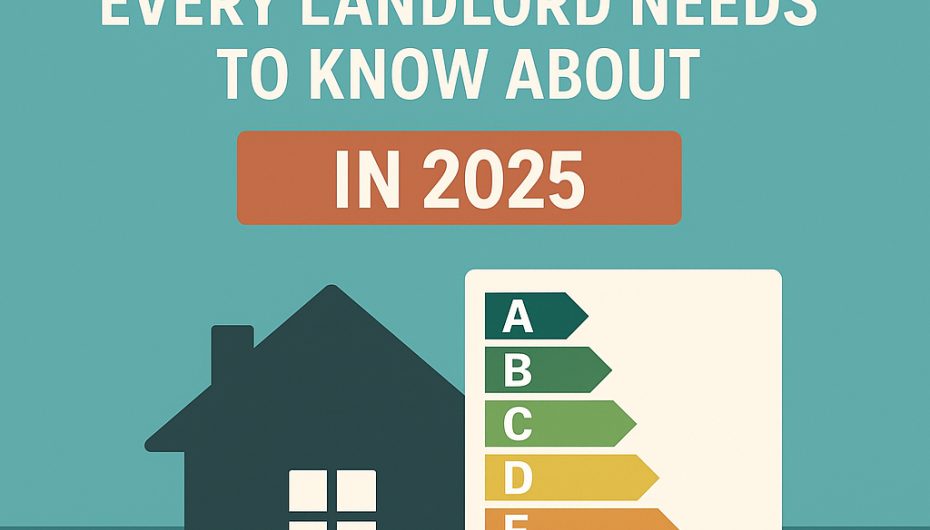 17th October 2025
17th October 2025
EPC Changes Every Landlord in Essex & Suffolk Needs to Know About
The way Energy Performance Certificates (EPCs) are assessed is changing, and while the Government continues to consult on broader reforms expected in 2025, some updates have already landed.
In June, the Reduced Data Standard Assessment Procedure (RdSAP), the method used to calculate EPC ratings for existing homes, was updated to version 10. That means any EPC you commission today will be rated using these new standards, which take into account modern heating technologies, insulation methods, and carbon factors.
These updates are designed to make EPCs more accurate, but they also bring a degree of uncertainty. Some landlords could see ratings improve, others, unfortunately, may see them fall.
What’s Changed?
RdSAP 10 recognises technologies such as heat pumps, uses updated carbon factors, and models heating systems and insulation in more detail. This means the same property could now achieve a different EPC band than before, for better or worse.
For landlords, this matters. The Minimum Energy Efficiency Standards (MEES) still require all rental properties to have a rating of E or above to be legally let (or be registered for exemption). So, if your EPC is due for renewal before you sell or re-let, it will be assessed under this new procedure.
Homes with older boilers or limited insulation could slip below the threshold, while properties with renewables or improved insulation may benefit.
Who Stands to Gain?
Certain property types could see an uplift under the new RdSAP 10 rules:
- Electrically heated homes – Cleaner electricity now means a better score compared with gas.
- Heat pumps – Their efficiency is recognised more fully, often leading to higher ratings.
- Homes with renewables – Solar PV, battery storage, and smart controls are rewarded.
- New or well-insulated buildings – More detailed modelling highlights strong thermal performance.
- LED lighting – Still makes a difference, and now better recognised in assessments.
Who Might Lose Out?
On the flip side, some properties may see a reduction in their EPC score:
- Gas-heated homes – Now score less favourably compared to electric or heat pump systems.
- Poorly insulated properties – If insulation can’t be evidenced, the assessor must assume the worst.
- Missing documentation – Lack of proof (for example, glazing certificates or insulation warranties) leads to conservative assumptions.
- Older storage heaters – Still perform poorly without modern controls, even with cleaner electricity.
How Essex & Suffolk Landlords Can Prepare
While you can’t change the new rules, you can make sure your property is represented accurately:
- Get your paperwork in order. Provide certificates, invoices, or warranties for any energy efficiency work, insulation, double glazing, boiler upgrades, renewables, and so on.
- Make everything accessible. Clear access to lofts, basements, meters, and boiler cupboards allows assessors to record accurate readings.
- Show what’s hidden. Point out underfloor insulation, smart heating controls, and other unseen upgrades.
- Switch to LED lighting. It’s simple, cost-effective, and every small detail counts.
Looking Ahead
Further reforms to EPCs and MEES are on the horizon, with new regulations expected in 2026. These could have a significant impact on landlords depending on the energy profile of their portfolios.
By staying proactive, maintaining documentation, planning upgrades, and commissioning EPCs strategically, landlords can protect their investment, meet evolving standards, and stay competitive in an increasingly energy-conscious rental market.
Let’s Make Sure Your Properties Are Future-Proof
At Boydens, our expert lettings and property management teams can guide you through the EPC changes, help you prepare for upcoming legislation, and connect you with trusted local contractors for upgrades and assessments.
📞 Get in touch with your local Boydens branch today to discuss how these EPC changes could affect your portfolio, and how we can help you stay ahead of the curve.







